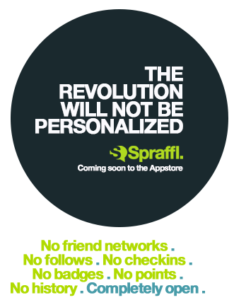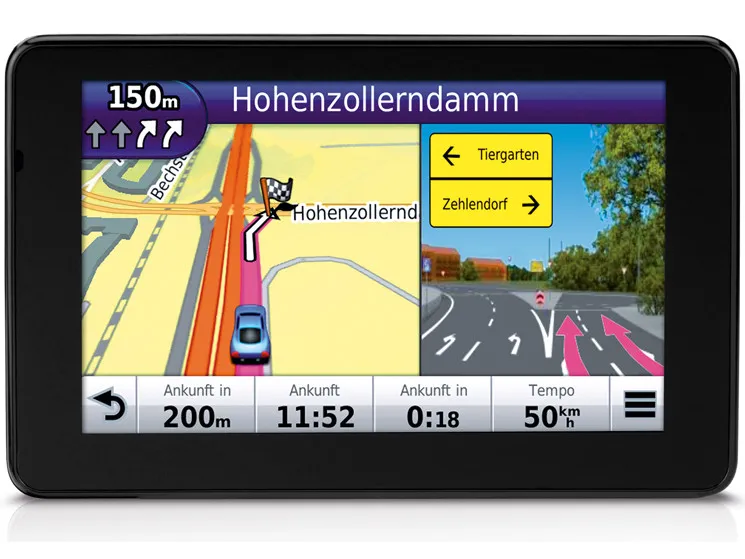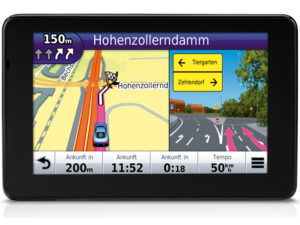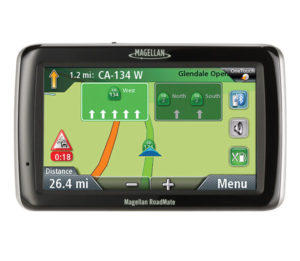 Spraffl is a new location-based app that goes against everything that we’ve seen over last several years. It allows you to post ANONYMOUS, location-based messages anywhere in the world open to everyone around you to read and comment. Founders actually call it ‘a social experiment’ and it is an experiment as there is no way that they can make money out of it unless it’s about developing the technology.
Spraffl is a new location-based app that goes against everything that we’ve seen over last several years. It allows you to post ANONYMOUS, location-based messages anywhere in the world open to everyone around you to read and comment. Founders actually call it ‘a social experiment’ and it is an experiment as there is no way that they can make money out of it unless it’s about developing the technology.How it works?
You might think it’s crazy idea but I my opinion it’s very refreshing concept. Almost* anti-social, when everything around is all about building community with Facebook, Twitter and other social networks… (* almost as unfortunately the content can be shared via Facebook and Twitter). The content is build purely around the location. When you start the up it takes your location and that you can write what ever you want. People can then like, dislike or comment on your Spraffl. The only identification to the l is your location. No usernames, nothing. People can’t follow or friend you and vice versa. It’s completely anonymous.
The dark side of anonymity
But of course there is a downside of such a solution, abuse of this totally anonymous freedom. Spraffl developed a way to deal with it based on community self-regulation. If at least 5 people flag the message it will be removed. Simple, but good solution.
Anti-social, social network
It’s funny to call but Spraffl is actually the first anti-social social network. No friends, no followers, no badges, no mayorships. Pure anonymity. I like it. In the idea of social network you’re never anonymous. That’s why it’s so refreshing to feel like it at least when spraffling*.
* Spraffing is an Edinburgh slang term for talking rubbish or just generally chattering on and on
source: TechCrunch, Velocity Digital













